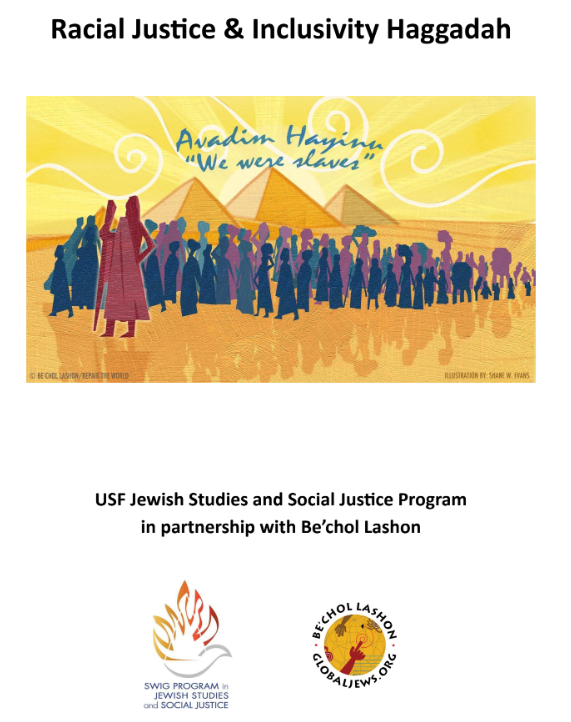Passover is a time for people to gather around tables, share stories, food, and rituals. It can be joyous and exciting. But like with any communal setting, it can also be complicated to navigate the different needs and agendas people bring to the table. Still, if we follow Jewish tradition, we will find Passover can be a model for how to create positive diverse communal connections. Its rituals and structures teach us to talk across differences and celebrate commonalities.
Passover is about story telling. And good communication is based on the ability to tell our own stories. Before we gather to celebrate our common identity, we must each own our personal story. Judaism has an oral history, and we have survived by telling those stories and passing them down through the generations. Passover brings us together to celebrate a universal experience of slavery to freedom, a concept everyone can relate to in some way or another. This is the theme around which the story telling takes place on this particular evening. Having a common theme around which to tell stories, a theme with which people from different places or times can identify, is one of the ways in which people can connect across differences.
Passover encourages us to invite strangers into our home so that we remember that we too were once strangers in a strange land. We are supposed to open the door and include the stranger—the unfamiliar—into our familiar Passover ceremony. We can only build strong community when we view the prospect of engaging others as a positive opportunity. Recognize that perhaps some of the people at our table may feel like strangers or that people already sitting at your table may be a stranger to your personal Passover story. We welcome others into our experience and learn about ourselves when we share our stories and hear other people’s experiences and perspectives.
Passover is all about asking questions; so is bridging differences. Ask questions of the people whom share you share your table. Diversity is not about trying to understand somebody else’s experience as your own or listening politely while they speak. It is about engaging and learning so that you both might learn from your curiosity about their life. Sometimes it is difficult to ask questions about that which makes us different. Asking questions in a well structured and thought out way can help us navigate what can feel like difficult and unfamiliar territory.
There are many ways to ask questions. Like the four children, we can be intentional about how we engage with one another, and need to recognize and celebrate that we all have different levels of skill and capacity when it comes to asking. Some of us are wise, some wicked, some ignorant, and some don’t even know how to ask. Regardless of how we may ask or be asked, it is our engagement with one another that will ensure we continue to grow as individuals and as a people.
The traditional Seder is supposed to be a raucous affair, with food, song, ritual and debate. This historic framework provides a wonderful space for all of us to engage across differences.







